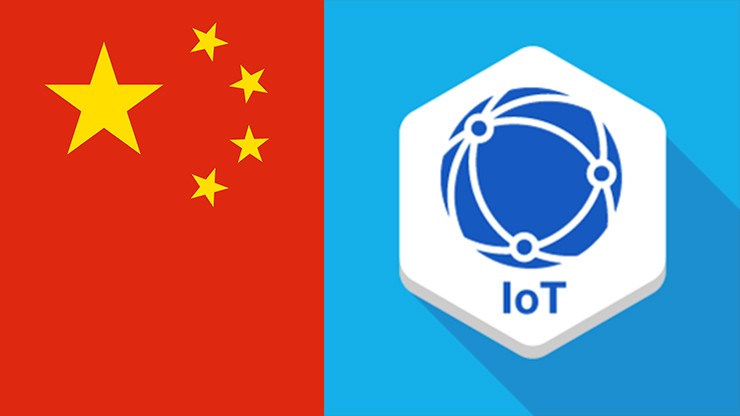
China cannot pull in the best and brightest from all over the world. It's an ethnically defined nation, the opposite of an immigrant nation. You don't see a lot of American engineers trying to be Chinese citizens.” Amy Chua
Read more here: https://www.brainyquote.com/quotes/quotes/a/amychua528987.html?src=t_china
China is one of the most progressive countries of the world. When it comes to China and IoT vision, the country does have some ambitious plans. In the first two stages of internet development, the country did everything to catch up. Now, in the third wave, it indeed has acquired a leading role which will bring billions of everyday devices online in a vast ecosystem thereby amalgamating the cyber and physical worlds.
At present, IoT in China is only in the nascent stage however given the vast internet user base, there’s enough scope for the foundation to flourish.
Besides immense growth in the telecom sector, the country’s hardware and software sector are of equal importance. It is known to all that China is the manufacturing center of the world. So, if you wish to make a hardware product, the supply chain is in China. Further, the software developers of the country are so heavily invested in mobile, paving a way for the IoT. In the years to come, smartphones will be the universal remote control for managing just about everything in our lives.
According to IDC, the IoT will expand from 2014’s $ 655.8 billion to about $ 1.7 trillion in the year 2020 since a vast number of devices will come online assuring a stable of platforms and the services to cater to them. Another survey concludes that China will dominate the Asia – Pacific (excluding Japan) IoT market.
The central government of China has identified IoT as the primary sector to be developed early on. China is working on multiple sectors – agriculture, industrial control, healthcare, smart grid, logistics, public safety, financial services and smart grid, to get to the top of the IoT market. Beijing, the capital city is backing its IoT vision with humongous funding. The huge funding opportunities are definitely turning heads in the local government who is eager to adopt the smart city applications to address issues like pollution and congestion. More than 90% of the municipalities and provinces of China have listed IoT as the pillar industry in the development plans.
By 2013, the efforts of the government began bearing fruits. As a result of which, China became the world class leader of M2M (machine to machine) technology that allowed networked devices to execute tasks and exchange information with human assistance.
China’s size does offer economies of scale which is unavailable to other countries however it is the emphasis on common specifications, government’s focused strategy and cross sector collaboration which has escalated the performance and growth of China and IoT vision.